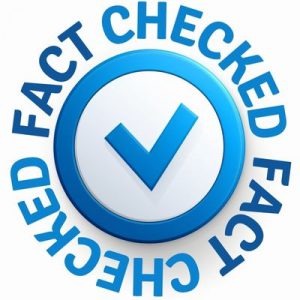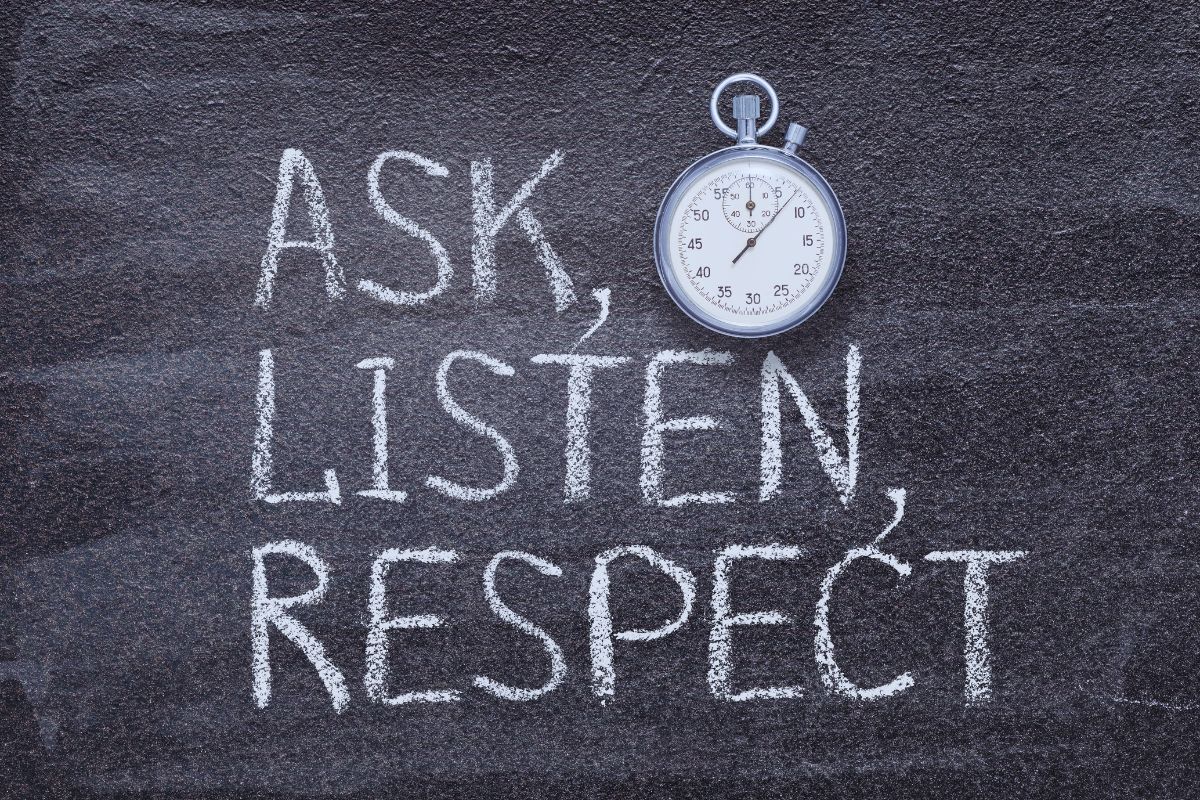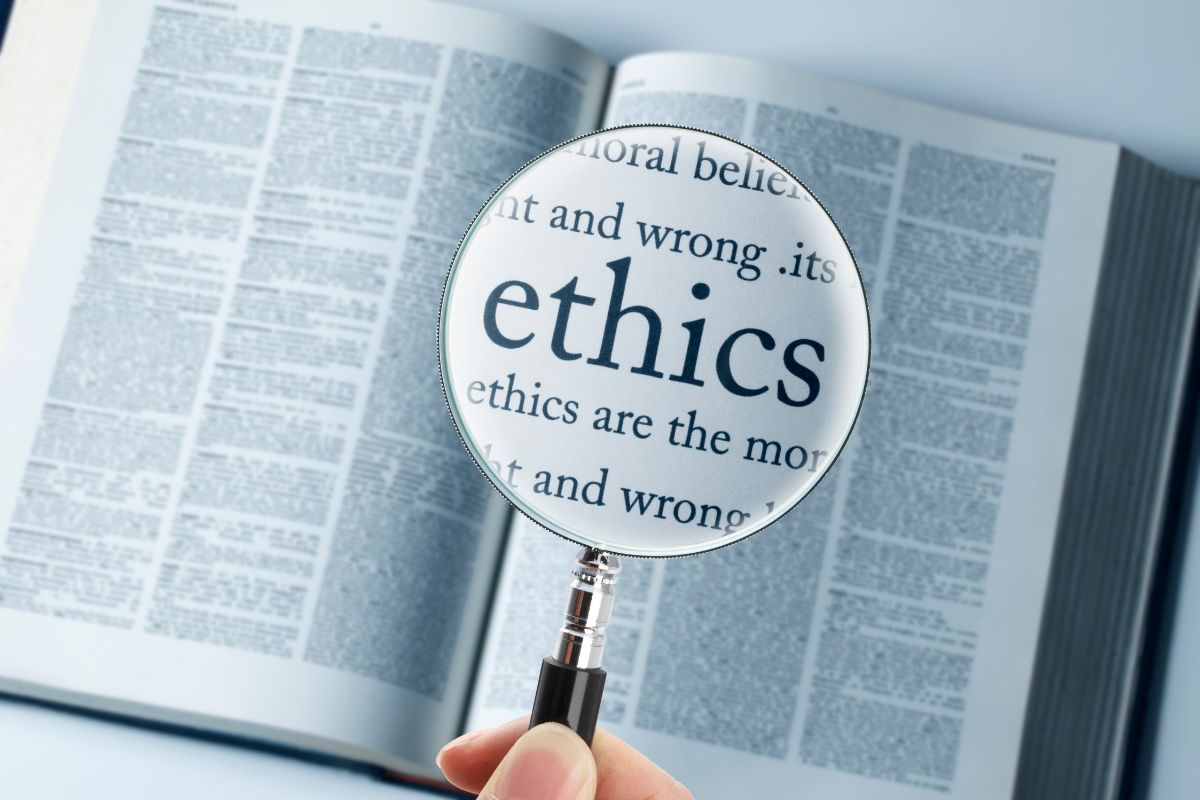Moral Compass: What Is It and How to Use It

Published March 25, 2021
Despite all the evils in this world, most of us, at the core, just want to be good human beings. We want to make the right choices and avoid making wrong decisions. What we usually don’t count on is that the question of what is right and wrong may yield different answers from different people.
You see, what is “good” for one person may not necessarily be for others. And what other people consider as “bad” might be different from yours. So how then can you know that you’re making the right choice? That’s where your moral compass comes into play.
What Exactly is a Moral Compass?
The dictionary defines moral compass as the person’s ability to judge what is right and wrong and act accordingly. Some people also define it as a set of values that guides our decision-making, affects our actions, and defines us as a person.
In essence, a moral compass is just as its name suggests. It points us in the right direction. Even if all of us have different definitions of right and wrong, our moral compass provides an objective standard. It doesn’t just help us see what is right and wrong. It also helps us see what must be done for the greater good even if it may not be beneficial for us.
Without our moral compass to guide us, it’s so easy to just do whatever is convenient for us – nevermind if it’s right or wrong. It becomes so easy to stretch the truth whenever it benefits us or do things without thinking of the consequences – both for us and for others. We become selfish, greedy monsters who only care about our own needs and wants.

What Influences a Person’s Moral Compass?
According to Dr. Todd Hall, all human beings are born with a moral compass. We all have that innate sense of what is right and wrong. As we grow older, those instincts may grow or fade or become so twisted and corrupted.
You see, a person’s moral compass is influenced by their life experiences, the environment they grew up in as well as many other factors.
As young children, our parents tell us what we should or shouldn’t do. We look up to them and learn from their actions. This gives us a basic concept of what is right and wrong. But what really hones that concept is the desire to please our parents and the people we look up to.
I mean, if you ask a child to lie, chances are they’ll tell you they won’t do it because it’s bad. But from that, you can also see their fear of disappointing their parents. They don’t want to tell lies because they know their parents will get angry at them. They know that their actions will have consequences. That’s how a person’s moral compass is formed.
As we grow old, the lessons we learned from our experiences can either strengthen or weaken our childhood values. We adapt to our environment and with that comes inevitable changes. We cease to become the person that our parents raised us to be. Instead, we forge our own identities with a unique set of moral principles and beliefs. These moral values determine our moral compass.
How to Use Your Moral Compass
If we look at the dictionary’s definition of moral compass, it has two elements:
- it’s the ability to determine what is right and wrong
- act accordingly
This means that your moral compass will only work if you act on it. You need to allow it to guide you when making decisions no matter how small it is.
According to this article, there are three basic steps to using your moral compass:
1. Gather Information
Don’t just rely on what you know to make a decision. Gather as much relevant information as you can. That way, you can view the situation from different angles and foresee possible consequences.
These pieces of information can be from a previous similar experience and what you’ve learned from it. They can also be from other people’s opinions or even the moral standards set by society. You also need to look at your values and your understanding of what needs to be done.
2. Evaluate Your Information
After you have all that you need to know, you need to evaluate those pieces of information. From there, you can formulate a response that will not only fit your values but also will not cause harm to others.
3. Decide and Act
Once you’ve made a decision, make sure to act on it. Be firm but don’t forget to empathize. Remember that your actions will affect not just you but others too. So consider your decision carefully. There will always be risks to every decision. You can’t always predict what will happen after you do something. But if you follow your moral compass and stand firm for what is right, then that is good enough.
Donate To The Poor & Homeless Of South Florida
Our Father’s House Soup Kitchen has fed the poor and homeless in South Florida over 900,000 hot meals since 1993. Our tax deductible non profit organization also accepts and distributes donations such as clothing, toiletries, shoes, bicycles, and more. You can donate to help the poor and homeless through our website.

Reviewed For Factual Accuracy
Our team meticulously fact-checks all website content before publishing. Discover more about our website’s editorial standard here and the dedication we uphold.

About The Author
Judy Ponio is a professional writer and devoted Christian. She has a passion for writing about topics related to morality and helping the poor and homeless. She is the lead author for the Our Father’s House Soup Kitchen blog.
Correct Digital, Inc is paid by private donors to provide website digital marketing services to this non-profit organization.





